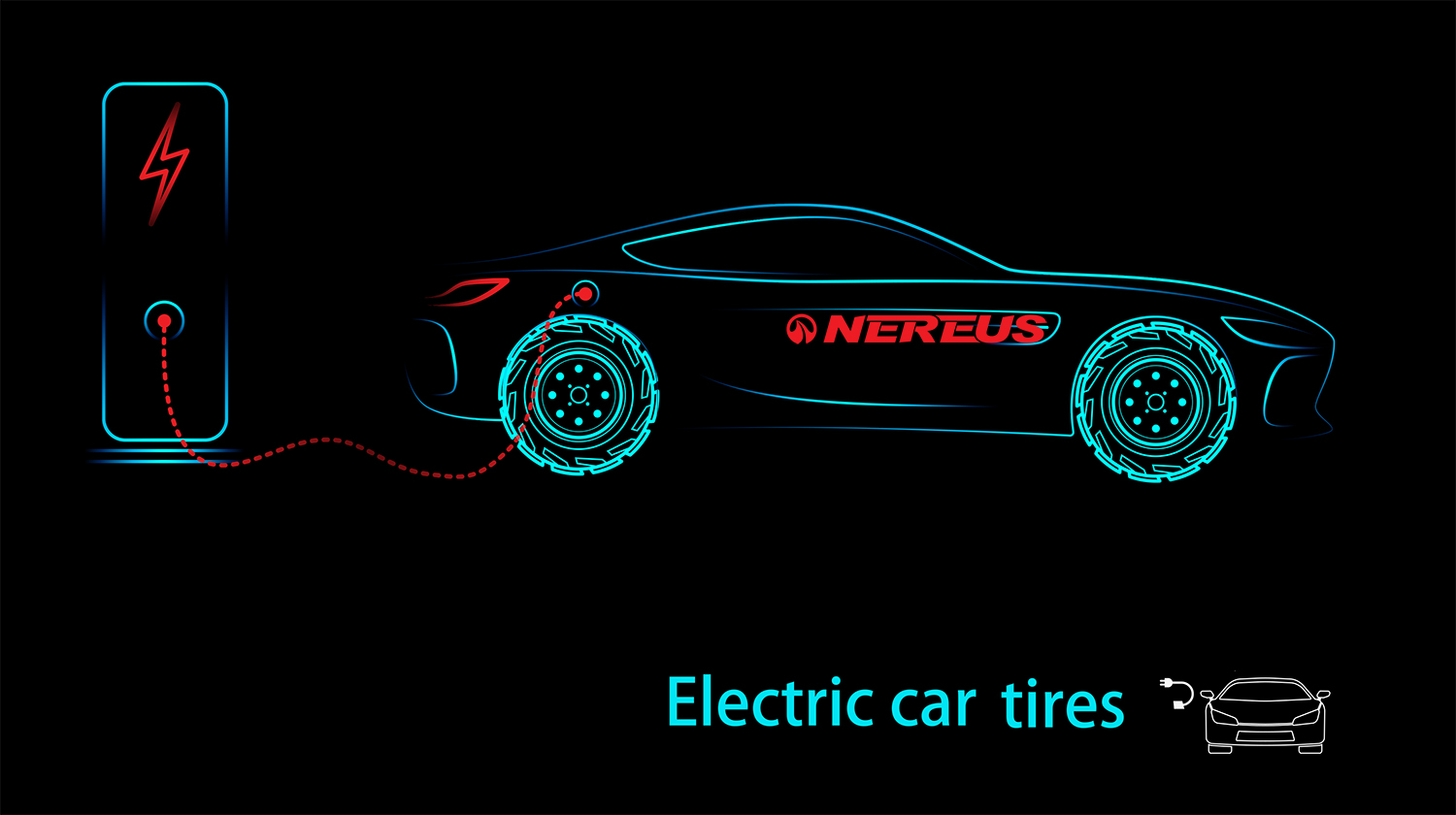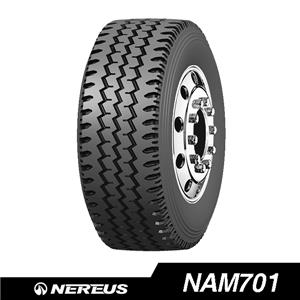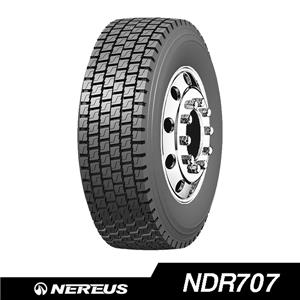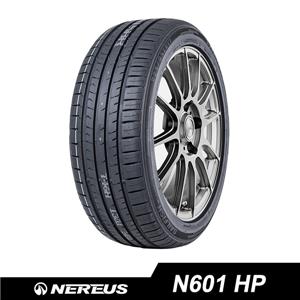- Home
- >
- News
- >
- Product News
- >
- 5 WAYS EV TYRES DIFFER FROM REGULAR TYRES
5 WAYS EV TYRES DIFFER FROM REGULAR TYRES

An electric vehicle’s heavy weight and noise reduction, among other factors, differentiate it and its tires from other vehicles.
With the popularity of electric vehicles (EVs) accelerating, tire makers are now offering tires that are specifically engineered to enhance the performance of EVs and support the growth of the market.
Nereus winter tire range, also known as the most proud series under DITRIP's flagship brand, are special designed for EVs, with high carrying capacity, reinforced design, excellent grip, low noise, which are working well on EVs, and many sizes have been well tested on the popular EVs like Tesla, Audi, BMW, etc, and got very high reputation, tire sizes including 25/45R19, 235/45R18, 235/40R19, 275/45R20, and so on.
Nereus will continue to develop more series of tires to meet the high demand of the growing electric vehicle market.
How exactly does an EV tire differ from a regular tire? Here are the ways in which these tires differ below.
From these points, you will know why Nereus winter tire range is the best choice for your EVs in winter.
1. Noise Reduction: Since EVs don’t have an engine, they create virtually no noise when driven. Therefore, one of the most important requirements of an EV tire is that it reduces as much road noise as possible in order to maintain the quietness of the ride. Noise reduction can be achieved through design and manufacturing techniques such as specialized tread patterns and sound-absorbing foam and rubber compounds.
2. Withstands Heavy Weight: EV tires are built to withstand the heavier weight of EV vehicles, which are generally 10-20% greater than regular tires. If an EV drove on regular tires, the tires would wear more quickly as EV-specific tires are built to withstand the heavier load, making them essential for optimal performance.
3. Strong Traction: Since EVs have strong initial acceleration and high output from the moment a driver steps on the pedal, EV tires must also have stronger traction, steering and braking performance. To provide this necessary grip, EV tires are designed with specific stiff and wide center rib patterns to reduce potential slippage and abnormal abrasions, in addition to interlocking grooves in the tread pattern to prevent hydroplaning and compensate for the increase in torque.
4. Enhanced Durability: Specific tire compounds are also necessary to support the unique driving experience of an EV. Compounds that contain raw materials such as high-loading resin and silica extracted natural resources are key components to developing EV-specific tire products. With inherent durability improvements, the stronger and more durable compound better assists the power delivery and driving characteristics of an EV over conventional compounds.
5. Reduced Rolling Resistance: Another important factor in the development of EV tires is reducing rolling resistance. Essentially, lower rolling resistance leads to less energy loss, therefore, increasing battery efficiency. During the manufacturing process, a number of different techniques can be used to achieve low rolling resistance, such as the type of rubber compound used and applying rigid design patterns, tire profiles and structures.




